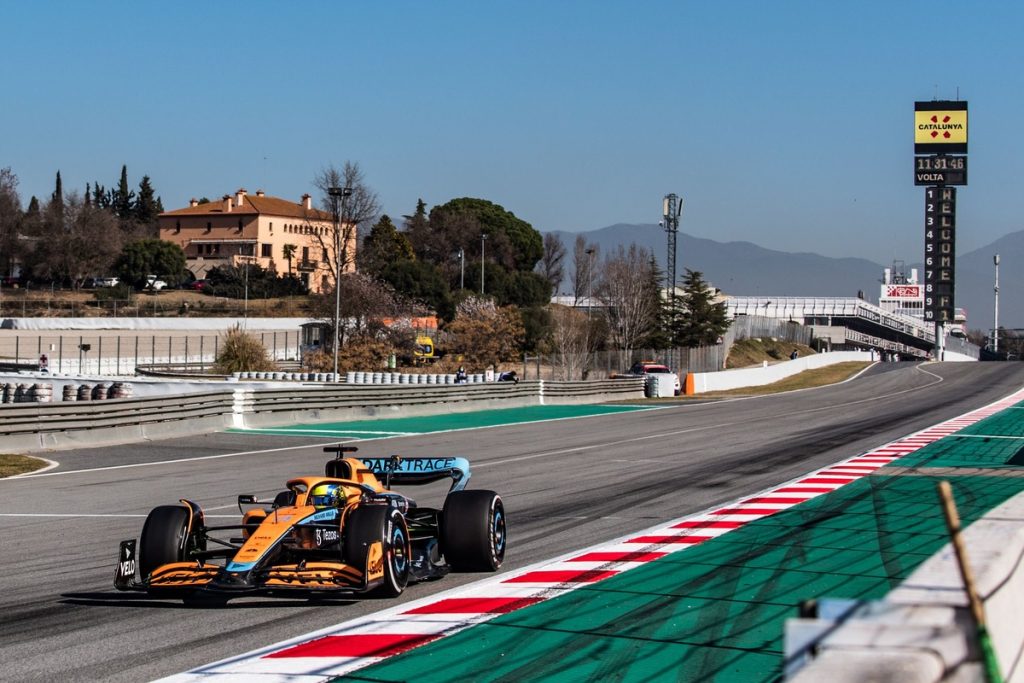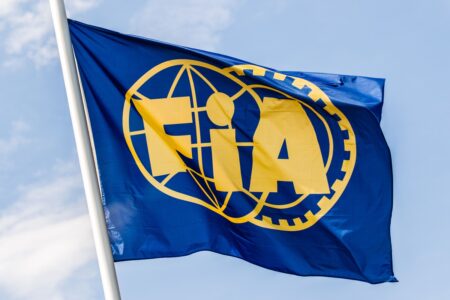Formula 1 Teams to Receive Extended Testing Time for 2026 Rules Overhaul
Formula 1 teams are set to receive a significant boost in their testing time for the 2026 season, as they prepare for one of the most comprehensive regulatory changes in the sport’s history. According to recent reports from Autosport, teams will have the opportunity to conduct a five-day shakedown at the Circuit de Barcelona-Catalunya, scheduled to take place from January 26 to January 30, 2026. This extended testing period marks a substantial increase from the mere three days of official pre-season testing that have been the norm for the past three years. The expanded track time is a strategic move by F1 to allow teams and engine manufacturers to thoroughly test and refine their new cars, which will feature revolutionary power units and a complete overhaul of chassis regulations.
Behind Closed Doors Testing with Flexibility
The Barcelona shakedown is expected to be conducted behind closed doors, a measure likely implemented to protect the intellectual property and competitive strategies of the teams. This private testing environment will give teams the freedom to focus on their specific areas of concern without the pressure of public scrutiny. Moreover, teams will have the flexibility to choose any three days within the five-day window to conduct their on-track running. This flexibility is a crucial aspect, as it allows teams to optimize their testing based on weather conditions and the emergence of any technical issues. For example, if a team encounters unexpected problems, they can use the remaining days to address these issues without feeling rushed or constrained by a fixed schedule.
A Major Technological Leap
The 2026 Formula 1 regulations are not just a minor tweak but a fundamental shift in the sport’s technical landscape. One of the most significant changes will be the introduction of fully sustainable fuels, marking a crucial step towards F1’s sustainability goals. These fuels are designed to be carbon-neutral, aligning with the sport’s commitment to reduce its environmental impact. Additionally, the new power units will feature a more powerful electric component, pushing the boundaries of hybrid technology in F1. The combination of these technological advancements means that teams will need to focus heavily on ensuring the reliability and performance of their cars. The early testing period in Barcelona will provide a critical platform for teams to identify and rectify any potential issues before the season begins.
Lessons from the Past
The extended testing period is a nod to the lessons learned from the 2022 season, when several teams only discovered the severity of the porpoising phenomenon during pre-season testing. Porpoising, a severe bouncing effect that affected the performance and safety of the cars, caught many teams off guard and required significant mid-season adjustments. By providing more testing time in 2026, F1 aims to preempt such surprises and allow teams to thoroughly evaluate their cars. This early testing will be crucial for teams to gather data, make necessary adjustments, and ensure that their cars are both competitive and reliable from the outset of the championship.
Adjusting Development Schedules
The early start to the testing period means that teams will need to adjust their development schedules to have their cars ready for the Barcelona shakedown almost a month earlier than in 2025. This timeline pressure will be a significant challenge, particularly for smaller teams with limited resources. However, the extra track time is expected to be a worthwhile investment, as it will provide teams with the opportunity to fine-tune their cars and systems. The ability to test and refine their cars over a more extended period could make a substantial difference in the early stages of the season, potentially giving teams a competitive edge.
Further Testing in Bahrain
Following the Barcelona shakedown, the testing will continue in Bahrain, where two additional three-day sessions are planned. These sessions are tentatively scheduled for February 12-14 and February 18-20. Bahrain has become a familiar venue for pre-season testing in recent years, with the Sakhir circuit providing a reliable and challenging environment for teams to push their cars to the limit. The combined testing time in Barcelona and Bahrain will offer teams a comprehensive run-up to the start of the championship, ensuring that they are as prepared as possible for the new season. This extensive testing period is a testament to F1’s commitment to innovation and the continuous improvement of the sport’s technical standards.











